Guide your students to identify the feelings and emotions of others with this social emotional learning puzzle activity.
Emotions for Kids – Putting the Pieces Together
As educators, we know that mastering the skill of identifying others’ perspectives and emotions is crucial for our students’ success. It allows them to develop empathy and respond appropriately to others’ feelings, which is essential for building positive relationships and fostering a supportive learning environment.
That’s why we at Teach Starter are thrilled to offer a unique SEL activity designed to help students hone these skills. Our teacher-created resource features six engaging emotion puzzles, each with three pieces, as well as colourful header cards to label each emotion, a colour and black and white spinner and six thoughtful discussion cards to use with each of the emotions.
How to Use Your Emotion Faces for Kids Activity
When you are ready for your students to use this hands-on SEL activity, print out components of the file, cut apart the puzzle strips and discussion cards and provide students with a paperclip to use as a spinner.
Students first work to piece all of the face puzzles together. As students are working, they will uncover that each face depicts a different emotion (mad, worried, scared, etc.). They can then use the header cards to label each emotion. After piecing together the 6 puzzles, invite students to spin the spinner with their paper clip, pick up a discussion card and answer the question about the emotion they landed on. Students will answer discussion questions such as:
- Think of why this person feels the way they do. What could you say to them?
- Why might this person feel this way?
- Tell about a time you felt the same way.
After responding, students can return the discussion card to the pile and spin the spinner again. Students will take turns answering questions about different emotions until directed.
How to Get Your Emotions Puzzle Activity
Are you ready to grab this social emotional learning activity for your students? Head on over to the green download button and choose either the quick-print PDF document or the editable Google Slides file. If you select the Google Slides option, you will first be prompted to make a copy of the resource to your personal Drive before accessing it.
More SEL Activities for Your Students!
Looking to add additional resources to your empathy unit? Check out some of our suggested resources below!
[resource:5001331] [resource:4957250] [resource:13272]
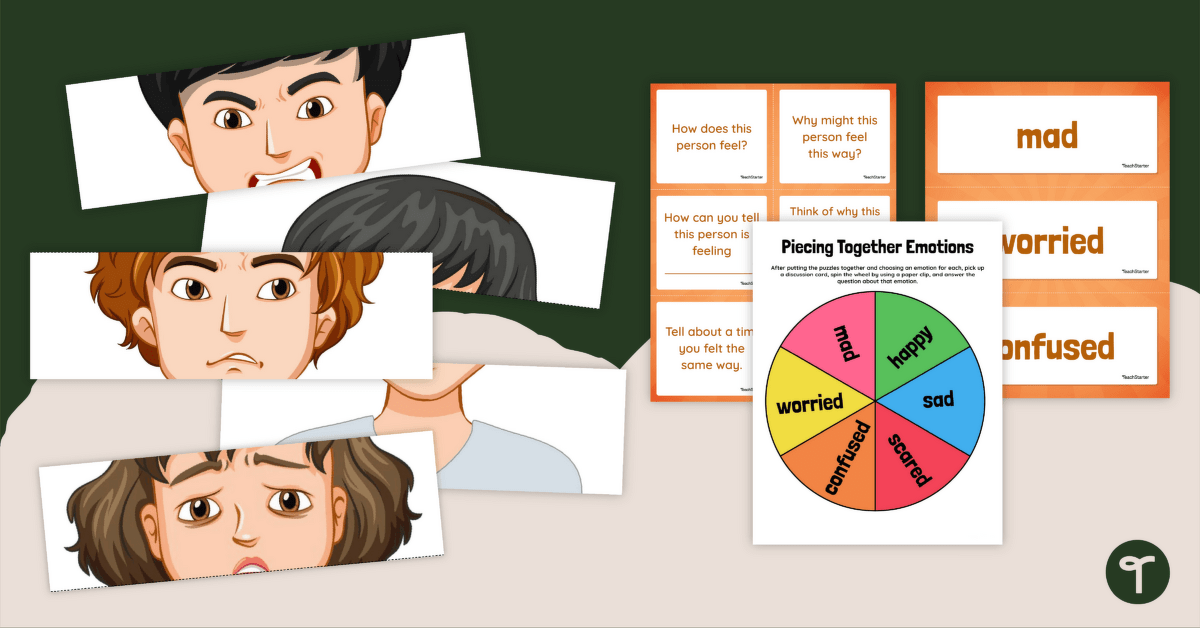

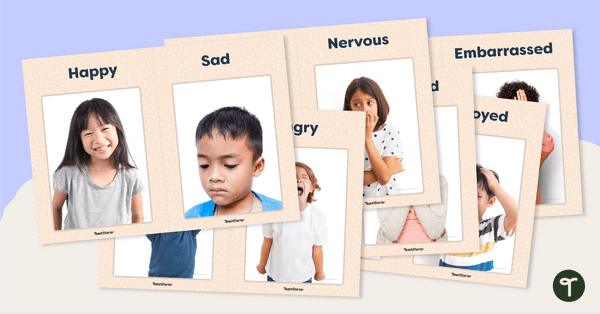
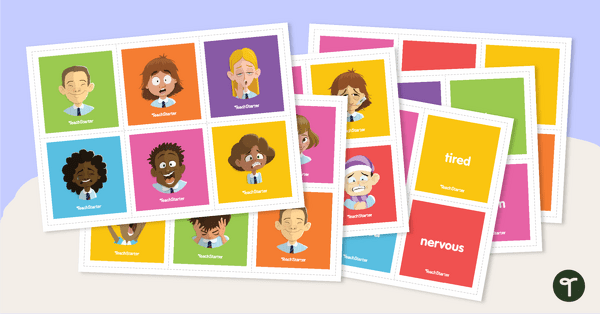
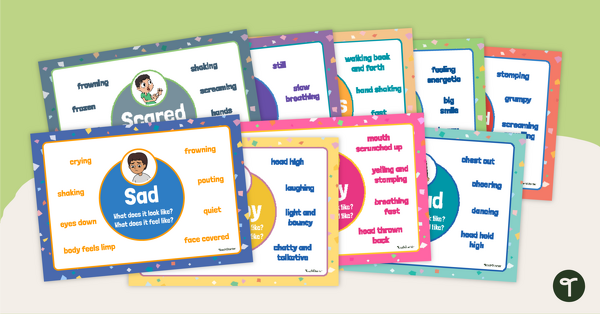
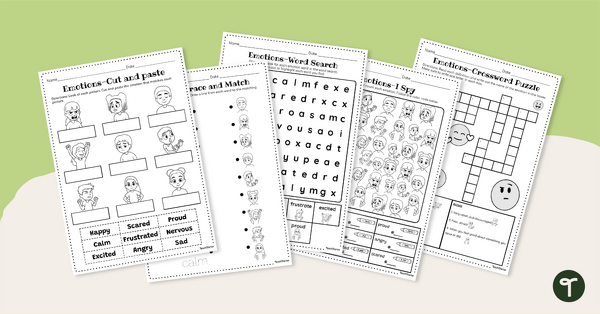
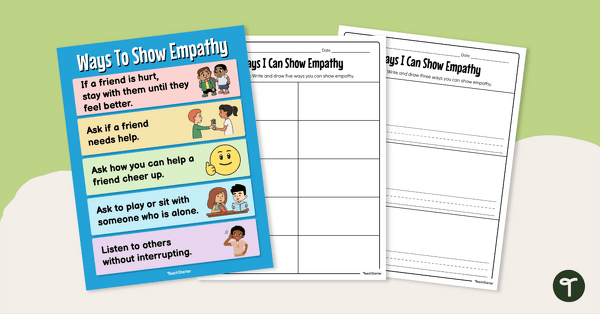
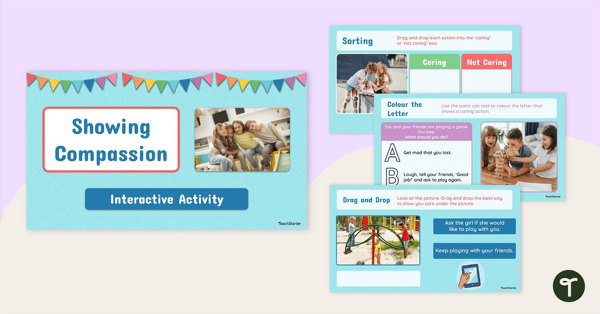
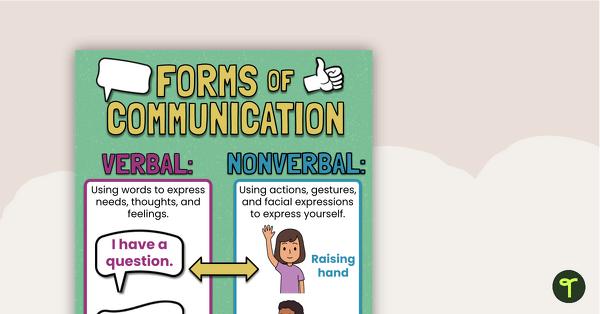
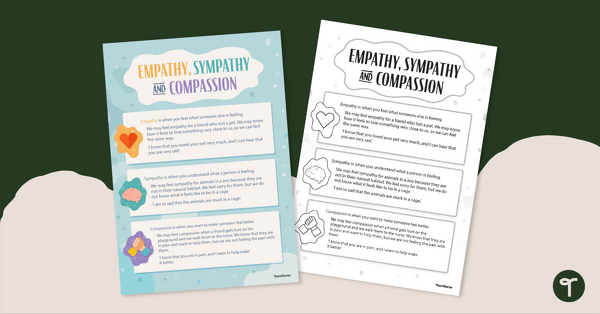
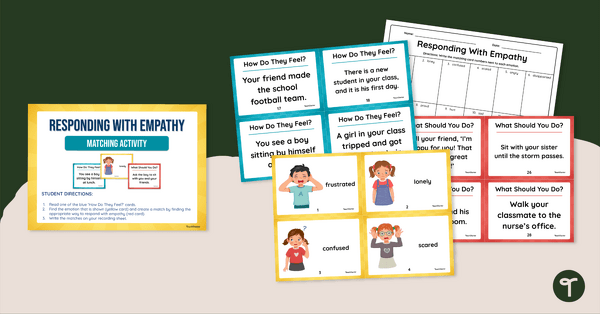
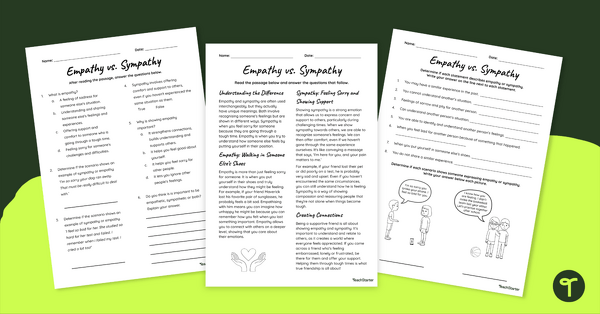
0 Comments
Write a review to help other teachers and parents like yourself. If you'd like to request a change to this resource, or report an error, select the corresponding tab above.